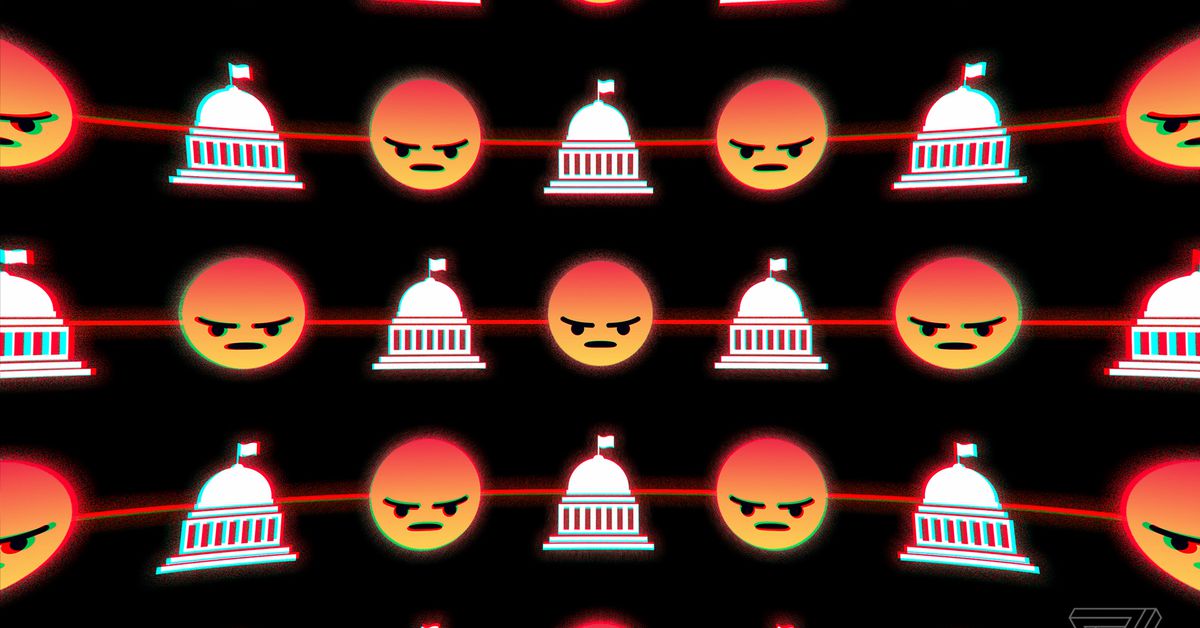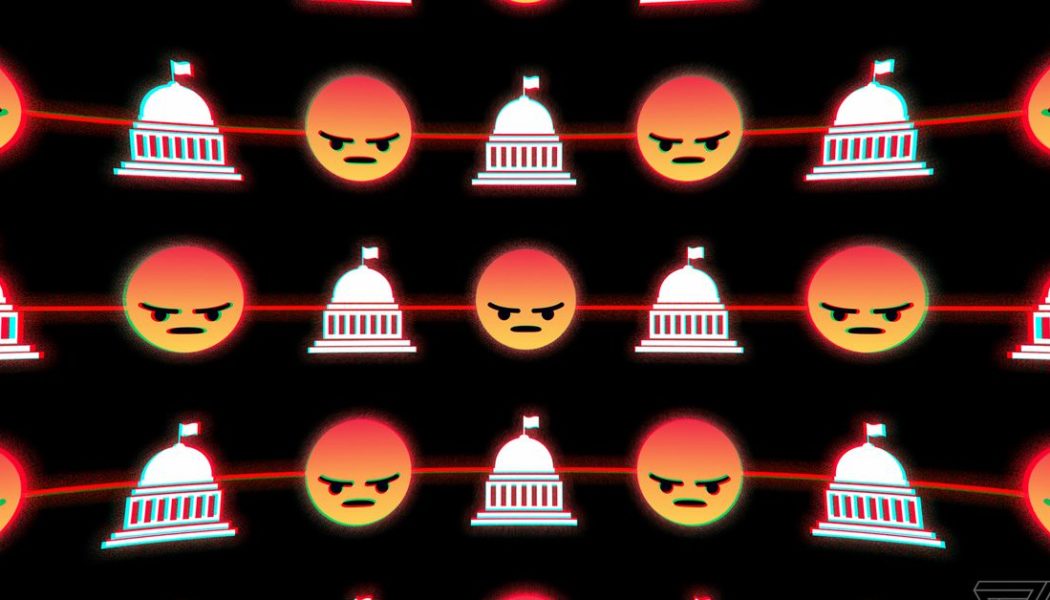
On Friday, House Democrats introduced five new bills meant to chip away at the power of big tech companies, targeting a variety of practices that antitrust advocates say are stifling competition.
These measures are the House Judiciary Committee’s historic, 16-month long investigation into the business tactics of companies like Apple, Amazon, Facebook, and Google. With this new slate of bills, Congress is getting ready to legislate based on the concerns raised by that investigation — and the move could reshape the tech industry as we know it.
“Right now, unregulated tech monopolies have too much power over our economy. They are in a unique position to pick winners and losers, destroy small businesses, raise prices on consumers, and put folks out of work,” Rep. David Cicilline (D-RI) said in a statement Friday. “Our agenda will level the playing field and ensure the wealthiest, most powerful tech monopolies play by the same rules as the rest of us.”
The package unveiled Friday includes five measures targeting the different ways in which tech companies maintain market dominance. One bill would empower the Justice Department or the Federal Trade Commission to break up tech firms by forcing them to sell off parts of their business that could create a conflict of interest — potentially forcing Amazon to carve off house brands like Amazon Basics.
Another bill would bar companies from giving their own services preference over their rivals, like Google boosting its own products in search results over competitors. Yet another bill would block companies like Facebook from buying up nascent competitors like in the 2012 acquisition of Instagram.
The last two bills are less controversial. Last week, the Senate already passed a measure put out by Sen. Amy Klobuchar (D-MN) that would boost merger filing fees for large companies, giving antitrust enforcers more money to take on cases. A bill mirroring that legislation was introduced Wednesday. The last bill would force platforms to make the data they collect interoperable in order to make it easier for users to jump from one service to another. Both Republicans and Democrats seem eager to move forward on data portability legislation.
The House’s tech investigation was a bipartisan endeavor, and while both parties agree on many of the probe’s findings, they disagree on some of the solutions. The probe culminated into an over 400-page report from Democratic staff detailing its findings. Rep. Ken Buck (CO), the committee’s top Republican, issued his own report focusing on the ways large platforms allegedly censor conservative speech and encouraging other Republicans to support competition reform as a means of addressing the issue.
It’s unclear how lawmakers plan to move forward on the legislation, but the multi-pronged approach could make it easier to enact some changes over the coming Term. More measured approaches like Klobuchar’s to boost regulatory funding could find broad support in the House.
At least one Republican and one Democrat signed on to each of Friday’s measures. Still it’s unclear if all members support each bill. On Thursday, Axios reported that lobbyists for Rupert Murdoch’s media companies, like Fox Corp. and News Corp., were urging House Republicans to support the measures.
“These companies have maintained monopoly power in the online marketplace by using a variety of anticompetitive behaviors to stifle competition,” Buck said in a statement Friday. “Doing nothing is not an option, we must act now.”










